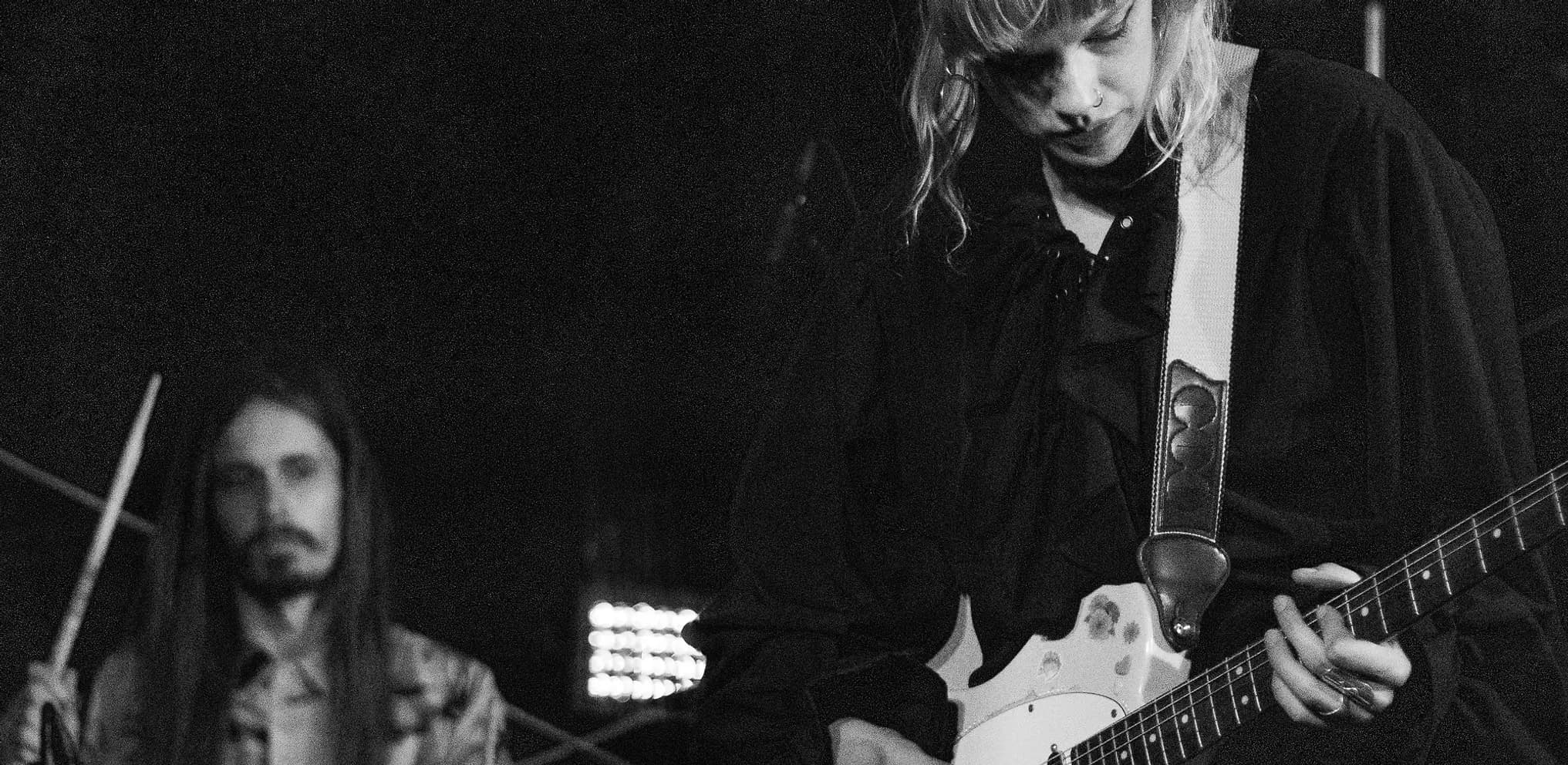
Overview
This comprehensive guide walks you through the entire process of setting up an ESP32 microcontroller to host a web server capable of managing LED installations. Whether you're a hobbyist building a smart home project or a technologist exploring interactive environments, this tutorial offers a solid foundation with detailed instructions, component lists, and real-world application examples.
The ESP32 is an incredibly versatile microcontroller that supports Wi-Fi and Bluetooth connectivity, making it ideal for projects requiring wireless control. In this guide, you'll learn how to flash the board, configure your development environment, and deploy a web interface that enables direct control of LEDs, opening the door to numerous creative and practical applications.
Required Tools
- •Arduino IDE
- •USB cable
- •ESP32 USB-to-UART driver (e.g. Silicon Labs CP210x)
Parts List
- •1× XL0401 diode
- •1× Type C PD trigger board
- •2× DC buck converter 2A
- •1× MOSFET switch 15A
- •1× ESP32 board
- •1× 3S BMS (Battery Management System)
- •3× 18650 Li‑ion cells
Setup Instructions
The setup process is modular and assumes basic familiarity with microcontrollers and Arduino IDE. If this is your first time working with ESP32 boards, take your time through each step.
Conclusion
After completing these steps, your ESP32 will be able to serve a web interface to control LED lights. This makes it an ideal solution for interactive art, smart lighting, or educational projects.
With a few adaptations, this setup can be extended to control other types of output such as relays, motors, or sensors. It provides a valuable base for more complex IoT applications that require user-friendly interfaces and remote control capabilities.
See It in Action at FĀZE'25
Event Dates
July 18-19, 2025
Installation Hours
6:00 PM - 11:00 PM
At FĀZE'25, we'll be using this exact technology to create interactive light installations throughout the festival grounds. Visitors can control the lighting patterns via their smartphones for a dynamic, immersive experience. This application demonstrates how open-source hardware and accessible software tools can power professional-grade installations.
The installations will feature:
- Interactive light walls responding to music
- Color-changing pathways through the castle ruins
- Audience-controlled light sculptures
- Stage lighting synchronized with live performances

Practical courses, real projects, and support from industry experts. Learn more →